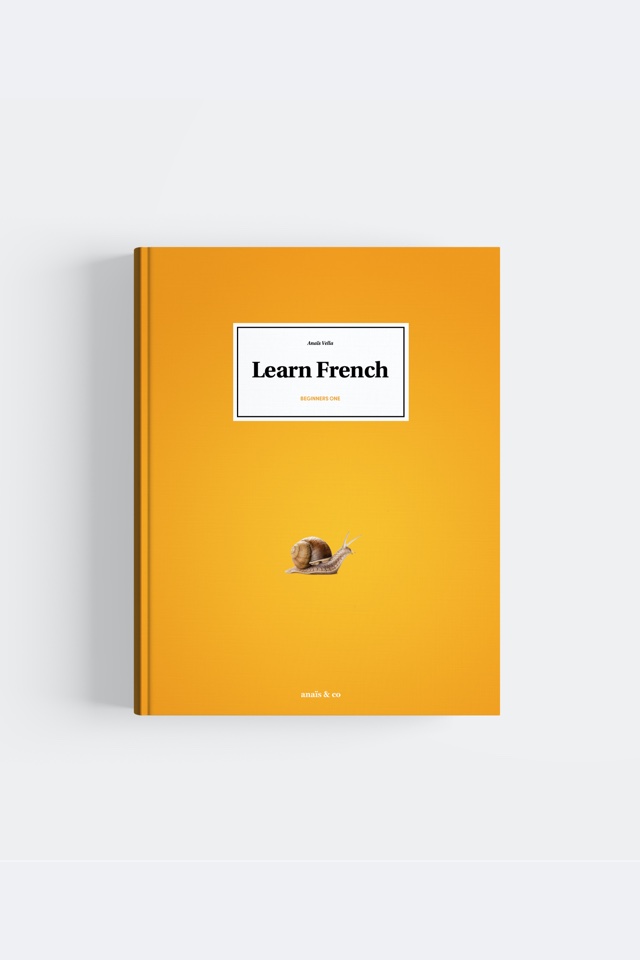

It is a sentence without a negation. In a way, it is a positive sentence used to ask a question, make a declaration or an exclamation.
For example:
Je suis une fille → I am a girl.
For example:
Je suis dentiste → I am a dentist.
For example:
Tu viens de Paris →
You are from Paris/ You come from Paris.
J’habite à Paris → I live in Paris.
Prepositions will be seen in the book beginner’s volume 3.
For example:
Il a mon stylo → He has my pen.
Elle a ma guitare → She has my guitar.
Possessive adjectives will be seen in the book beginner’s volume 3.
Subject + conjugated verb + article + noun
For example:
Elle est belle ! → She is pretty!
Some common adjectives in French are “grand(e)” (tall), “joli(e) (pretty), “petit(e)” (small), “beau/belle” (beautiful) ... More adjectives will be seen in this book as well as in intermediate books.
For example:
Je veux manger une pizza → I want to eat a pizza.
Je peux faire du foot → I can play football.
Je sais jouer du piano → I can play the piano.
Je dois parler français → I must speak French.
The modal verbs are “pouvoir,”(can) “vouloir,” (to want) “devoir” (must) and “savoir” (to know). An infinitive verb must follow them. The lesson on the modal verb is in the book beginners’ level 3.
In French, we cannot translate “-ing” at the end of a verb for present tense; As a result, we will remove the auxiliary “to be” and use the verb without “-ing.”
For example:
I am eating → I eat → Je mange (and not “je suis mange”).
We only translate “do” or “does” when they mean “to do” not when they are used to emphasise the answer.
For example:
J’aime le vin → I like wine → I do like wine.
In French, when talking about food, drinks or transport, we translate “to get” by using “prendre,” which means “to take.”
For example:
Je prends un taxi → I take a taxi.

More in the books
Werther you are learning by yourself, with Anais and Co or if you are a FLE teacher find this lesson and many more in a beautiful book.
Be notified when we upload a new video.